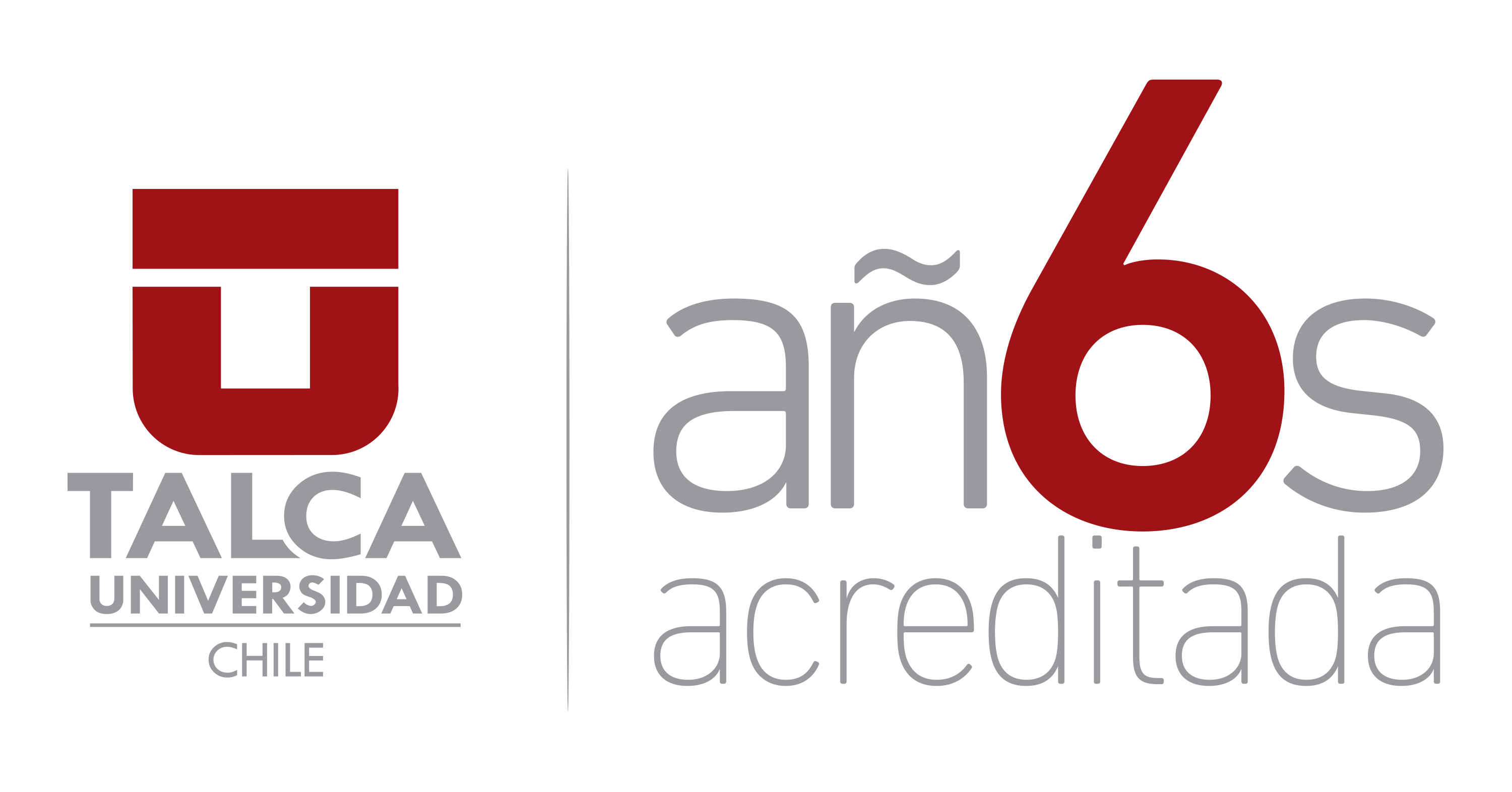Smedley, Brian D.; Stith, Adrienne Y.; and you will Nelson, Alan Roentgen., eds. 2002. Irregular Treatment: Dealing with Racial and you will Ethnic Disparities in the Medical care. Arizona, D.C.: National Academy Push.
not, there are many different authorities laws and regulations or other controls inside medical care now that maximum elite autonomy, resulting in innovative health care professionals to worry whether they will have a way so you’re able to honor very first elite tenets of your own elite group–patient dating
Smith, Sheri. 1980. “About three Type new Nursing assistant-Diligent Relationship.” Inside the Nursing: Photos and you will Beliefs: Starting Discussion into Humanities, ed. Stuart Spicker and you may Sally Gadow. Ny: Springer.
For the 1992, Ezekial Emanuel and you will Linda Emanuel, a couple doctor bioethicists, plus presented five activities with a few parallels, however, place this new perspective overall in which per design demonstrates the worries anywhere between patients’s freedom and their wellness along with among various physician and you will diligent philosophy: About paternalistic design, the physician alone serves on behalf of brand new person’s better-being; on contrary rod, about instructional design, the person receives every recommendations as well as the medical practitioner serves as a good technical pro just; regarding the interpretive design, brand new patient’s life is viewed as a particular story or story from which a mutual understanding of suitable requires and you can interventions try derived; as well as in the deliberative model, the physician, just who has got the related recommendations with the patient, and additionally will act as a blended professor-buddy to encourage the individual in manners which might be in line with the fresh new person’s wellness-associated beliefs.
So it second strategy diverges drastically regarding traditional and most modern-day search into the part regarding worry and its relationship to compassion about big ethical framework of your top-notch–diligent matchmaking
NONMALEFICENCE. Brand new maxim doing zero damage, primum non nocere, is commonly quoted as first moral idea away from scientific behavior. The meaning and you can versatility will likely be gleaned regarding big consider supplied to the theory in deontological (duty-oriented) methods to ethical beliefs. W. D. Ross argues it is our very own stringent obligation to inflict no spoil purposefully, because to live in any other type regarding community would make each of us as well vulnerable. So it duty, he contributes, isn’t protected by the responsibility to stop otherwise reduce existing harm, or to do-good (Ross).
Liberty And Thinking-Determination. In the tradition from medical integrity, conversation regarding flexibility don’t work with patient liberty but on the brand new professional’s independence, the belief getting one freedom of impingement from the other people for the his or this lady scientific judgment and exercise is actually a key methods to pretending beneficently on the part of the latest patient’s desires.
A few critical questions are now being increased concerning your position from diligent autonomy regarding the elite–diligent matchmaking. The original details an increased awareness of the necessity of assortment from the experts To meet up with new moral mandates from cultural sensitiveness and you can social ability, the fresh new top-notch need a deep knowledge of exactly how individuals countries conceptualize individual, loved ones and you can clan jobs in relation to decision making (Hyun). In some groups the fresh new professional’s insistence with the patient’s personal advised consent is actually ethically and you may socially antithetical in order https://datingranking.net/beard-dating/ to recuperation or other appropriate reasons for having searching for elite desire. An additional question pops up within the cases of large medical/medical suspicion. The fresh professional’s state of mind to mutual decision making tend to falters, probably on account of a worry that a ticket of uncertainty commonly undermine the new person’s otherwise family’s depend on otherwise would most stress to have her or him (Parascandola, Hawkins, and you will Danis). Those two inquiries guarantee attention and you will research.
As late twentieth-century, numerous best ethicists provides led a lively lso are-study of this new virtues that needs to be shown by health professionals. Celebrated among them is Edmund Pellegrino and David Thomasma whom suggest that contemporary reappraisal is not a make an effort to demean the new emphasis on legal rights-and-duty-oriented integrity, “but a detection one to liberties and requirements regardless of, its moral functionality nevertheless activates dispositions and character traits from our very own fellow men and ladies” (Pellegrino and you will Thomasma, p. 113).
Anne Bishop and John Scudder suggest that “Being caring isn’t something individuals can perform from the a work out of commonly. You will be able, yet not, to-be offered to compassion, as oriented with the intention that compassion may be evoked…” (p. 81). They ending you to definitely experts who do not end up being compassion but i have a-deep wish to inform you caring(i.e., feel entitled to help you care) can display proper care by a focus on fostering the person’s well-being together with a connection so you can full participation in-being an effective professional. In a number of newest ways to elite proper care, mercy and other virtues commonly invoked anyway; alternatively new importance converts exclusively so you can carry out and habits that various professions identify because the compassionate routines for the goal of adding them for the an assessment of measurable consequences in patient government (Galt). There are also serious caveats elevated on a specialist principles based mainly with the concept of proper care.
Lammers, Stephen E., and you will Verhay, Allen, eds. 1998. To your Moral Treatments: Theological Viewpoints for the Scientific Stability, next edition. Grand Rapids, MI: William B. Eerdmans.
